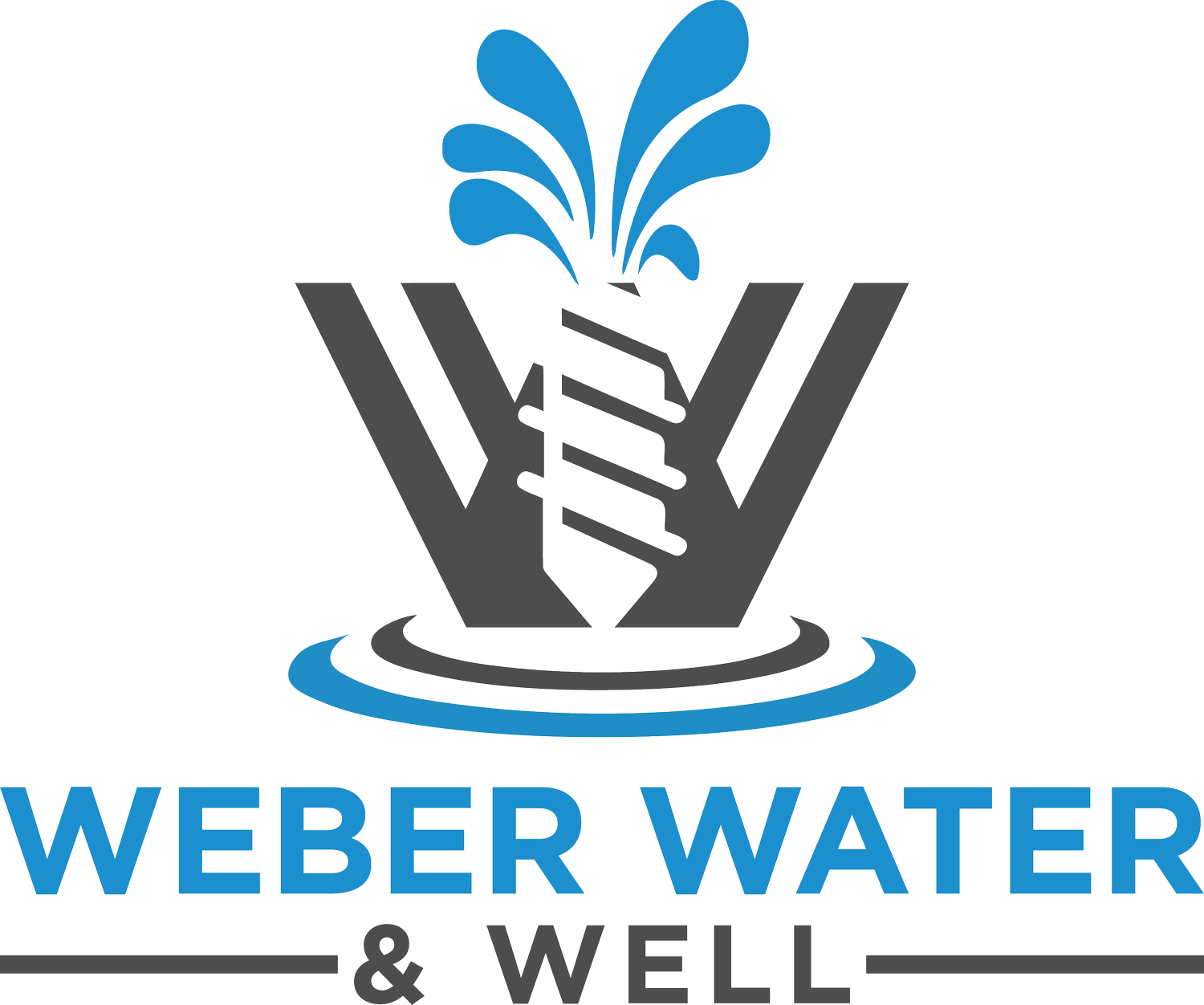7 Tips to Extend the Life of Your Water Well System
Water wells are a vital resource for many households, providing a reliable source of water for drinking, irrigation, and more. However, like any system, they require proper care and maintenance to ensure they continue to function effectively. In this blog, we'll explore essential tips that can help extend the life of your water well system, keeping it in top shape for years to come.
1. Regularly Inspect Your Well Components
Regular inspections are a key part of maintaining your water well system. It's important to check the physical components regularly, including the casing, wellhead, and any visible piping. Look for cracks, signs of rust, or any other damage that could signify an upcoming failure. Additionally, inspecting the area around your well is just as crucial, as cracks or erosion in the soil can lead to contaminants entering your water supply.
An annual inspection is often recommended, but depending on your local environment and usage rate, you might want to inspect even more frequently. Identifying and addressing potential issues early can save you a lot of trouble later on. If you notice anything unusual, it may be wise to consult a professional for thorough inspection and guidance.
2. Schedule Routine Maintenance
Much like your car or home appliances, your water well system needs routine maintenance to function effectively. Scheduling regular maintenance checks is a proactive way to ensure that everything is operating smoothly. This might include tasks such as cleaning the well, checking the pump, and inspecting the pressure tank. By staying on top of maintenance, you create an environment where problems are less likely to occur.
Consider keeping a maintenance log to track everything that has been done over time. This will give you an understanding of any patterns related to system performance or recurring issues. Such logs are also incredibly helpful for professionals when they’re conducting inspections and repairs, as they provide a narrative of your system’s history.
3. Monitor Water Quality Consistently
Water quality is crucial for your health and the longevity of your well system. Regular testing for contaminants such as bacteria, nitrates, and other chemicals is essential. Many local health departments offer testing kits, or you can hire a professional service. Being consistent about checking water quality helps you identify any changes early on, which is key in preventing potential health hazards.
In addition to regular testing, pay attention to any sudden changes in water taste or smell. An unpleasant change could indicate a problem that needs immediate attention. Be proactive in addressing these issues, as they can provide an early warning of deeper system problems.
4. Protect the Wellhead Area
The wellhead is the top part of your water well and serves as a barrier against contaminants. Keeping the wellhead area clean and clear of debris is essential in protecting the water supply. Make sure there’s no standing water, and keep plants or trees away from the area, as their roots could infiltrate the system.
Consider installing a protective barrier or cover for your wellhead, which can further safeguard it against harsh weather conditions and unwanted debris. This simple step can significantly contribute to extending the lifespan of your well system and ensure the quality of your water supply remains high.
5. Consider Professional Inspections
While you may feel confident conducting your own inspections, enlisting the help of professionals can provide you with peace of mind. Experts can identify issues you might overlook and offer guidance on necessary repairs or enhancements. A professional inspection should ideally be scheduled every few years, or sooner if you notice any unusual symptoms.
Not only do professionals have advanced tools and knowledge, but they can also offer valuable insights into upgrades and efficiency improvements. Many companies also provide maintenance packages, which can save you money in the long run while ensuring that your system continues to function optimally.
6. Watch for Signs of Trouble
Being vigilant about potential problems can save you from costly repairs or system failure. Keep an eye on changes in your water flow rate, pressure, or quality. If you notice your pump frequently cycling, it may indicate a leak in your system or another underlying issue that needs immediate attention.
Additionally, strange noises coming from your pump or fluctuations in water pressure can point toward mechanical issues that, if ignored, could lead to more extensive damage over time. Recognizing these signs early allows you to take swift action, thereby maintaining the integrity of your water well system.
7. Educate Yourself on System Upgrades
Staying informed about the latest advancements in water well technology can greatly benefit your system. From energy-efficient pumps to modern filtration systems, there are various upgrades that can enhance performance and extend your water well’s lifespan. Take the time to research and understand what options are available in your area.
Additionally, many professionals can offer insights about which upgrades are most effective for your specific well system. Engaging in discussions with them will not only help you stay educated but may uncover opportunities for improving performance and efficiency that you hadn’t considered before.


